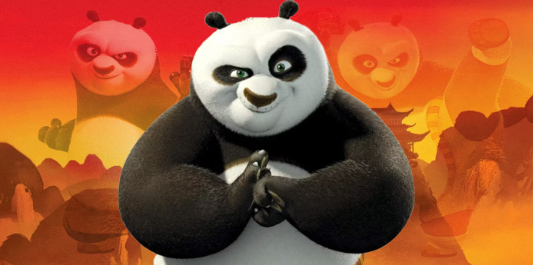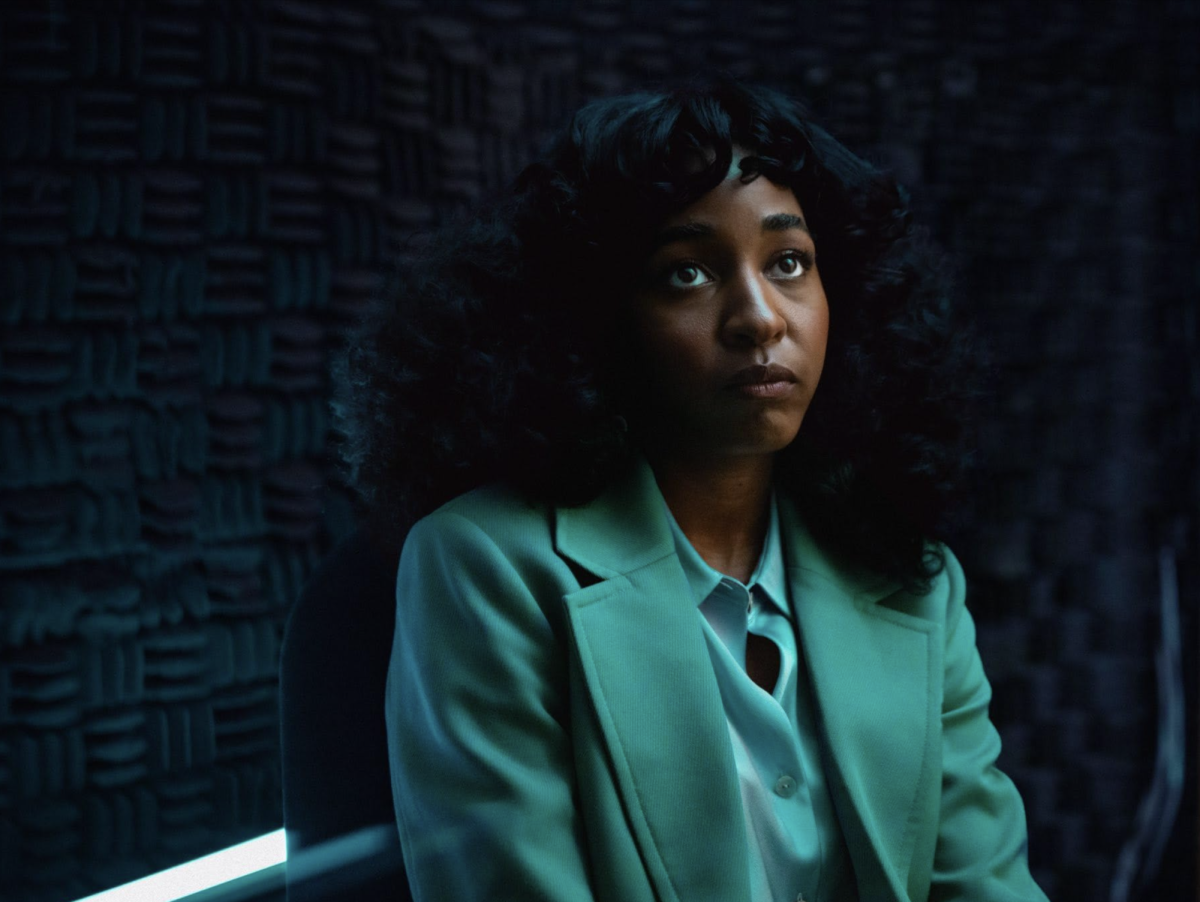Having watched the first Kung Fu Panda (KFP) movie with my older brothers during a snowstorm that had school canceled for a week, I really had no choice but to form a nostalgic connection with the franchise. In fact, getting my mom to take me to KFP 3 defined the majority of my third grade winter. When I heard KFP 4 was coming out, I knew I had to go see it.
On March 8, after an eight-year hiatus, Jack Black’s Master Po Ping — the Kung Fu Panda — returned to the big screen. Considering that my view on what qualifies as a good movie has changed a bit since I was nine years old, I wasn’t sure how I would respond to KFP 4.
Having been inspired by the heroism of Tigress and Masters Viper, Mantis, Monkey and Crane, I was instantly disappointed to find out that the Furious Five were “off on their own individual missions.” The characters would not be featured in the movie out of an apparent lack of budget to pay voice actors Jackie Chan and Angelina Jolie. Nonetheless, I settled into my seat in the all but empty theater with high hopes for Po and Dustin Hoffman’s Master Shifu.
In an obvious attempt to make up for the absence of the Furious Five, director Mike Mitchell made greater use of James Hong’s Mr. Ping, Po’s adoptive father and Bryan Cranston’s Li Shan, Po’s biological father. As you might have expected, these two characters came nowhere close to filling the void left by the Furious Five. Also, Shifu’s role was dramatically reduced; he served primarily as a figment of Po’s conscience throughout the film.
Taking in disappointment after disappointment within the first fifteen minutes of the movie, I had to reassure myself that the Dragon Warrior Po, in his mission to find a suitable replacement and move on to becoming the spiritual leader of the Valley of Peace, would carry the film out of the hole it had dug itself into. And, I was right: Jack Black’s Po did just that. Maintaining his levity and quest for self-purpose, Po led the movie like the Kung Fu master we all know and love.
Rightfully overpowered, Po easily overcame every obstacle he encountered, including defeating the story’s antagonist Chameleon — a female shapeshifter with the goal of stealing the Kung Fu skills of all of Po’s vanquished foes in order to conquer the Valley of Peace. The low-stakes conflict certainly detracted from the excitement of the movie, but it would have been an injustice to Po’s development in the previous three films for the Chameleon to have been a legitimate threat.
It should go without saying, but because remakes like the newest Star Wars trilogy tend to reopen and ruin character arcs that were already closed, it must be noted that KFP 4 — no matter your opinion on the film — did not tarnish the legacy of its characters. This is something as a KFP fan that I greatly appreciated.
The new face in the movie was a fox named Zhen, a thief voiced by Awkwafina who promises Po that she will lead him to the Chameleon. In an unexpected twist — even for mature viewers of the film like me — Zhen was revealed to be working for the Chameleon the whole time. In a more predictable development, Zhen regretted her betrayal of Po and teamed up with him to take down the Chameleon (not that he needed the help). Zhen was a solid addition to the film, but I was disappointed to see she didn’t come close to filling the shoes of the Furious Five’s Tigress.
At the end of the movie, Po chooses Zhen to be the next Dragon Warrior for showing loyalty to him against the Chameleon. The filmmakers symbolized Zhen’s potential with the planting of a peach pit, which brilliantly tied back to Master Oogway’s comparison of Po to a growing tree in KFP 1. This decision, which completely played on my nostalgia, is just one example of the series’ revived wisdom on display in KFP 4.
Like the franchise’s previous installments, KFP 4 had an incredible score. Including a Chinese adaptation of Ozzy Osbourne’s “Crazy Train,” Hans Zimmer’s soundtrack for the film brought me back to the same feeling of awe that inspired me when I saw my first KFP movie.
I realize a movie about a panda who fights Kung Fu seems ridiculous, as does going to watch it one year removed from being a legal adult, but the KFP series pulled in younger viewers in its prime, and KFP 4 has the potential to captivate a new generation. As Master Po Ping, spiritual leader of the Valley of Peace once said, “sometimes the greatest dishes come from the most unlikely ingredients.”















